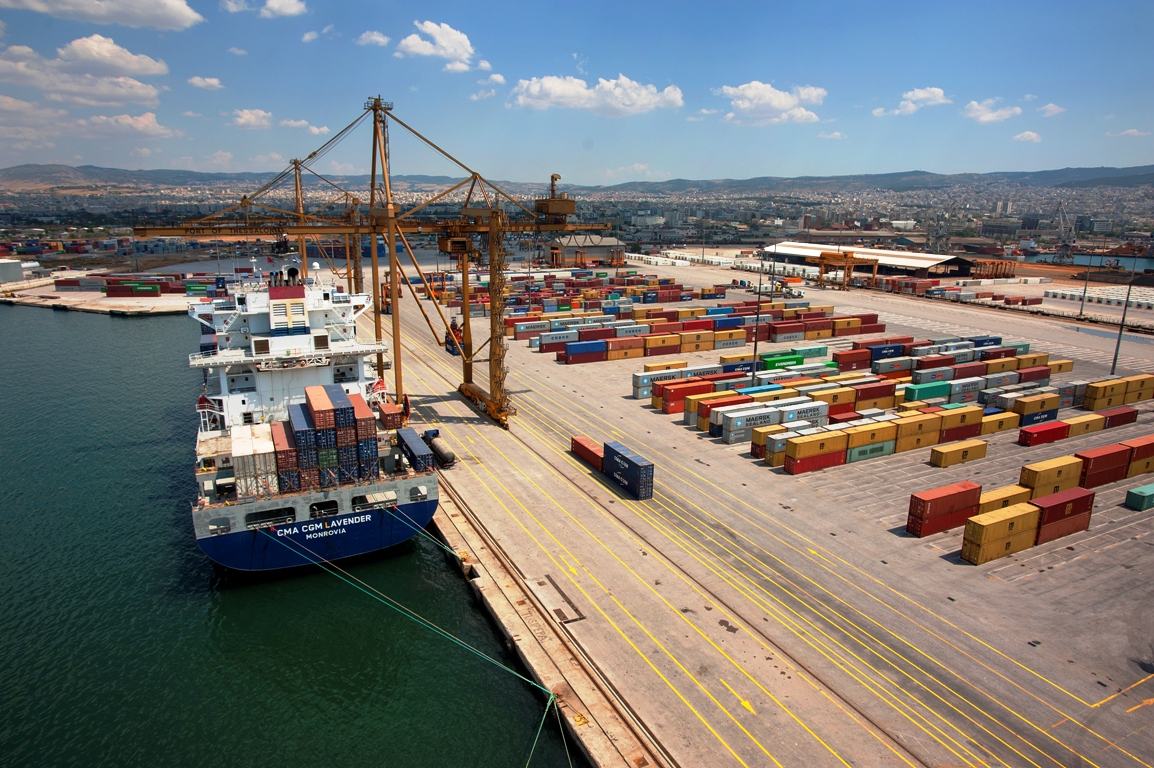The FCCA and CLIA today released the following statement related to U.S. ports and returning ships:
U.S. ports are open to returning ships, and passengers are able to disembark and fly home as confirmed by a National Interest Exemption (Exemption) issued by the United States Department of Homeland Security (DHS) on March 13, 2020. This includes passengers who are U.S. citizens, legal permanent residents, and foreign diplomats. Non-U.S. citizens will be able to fly home to their home countries.
As a result of this Exemption, CLIA and FCCA have requested that all ports in the Caribbean, South America and other areas keep their ports open to cruise ships sailing on itineraries related to U.S. ports to allow passengers to return as soon as possible to their homes.
Additional Information
-On March 13, 2020, CLIA ocean-going cruise line members announced they were voluntarily and temporarily suspending cruise ship operations related to U.S. ports for 30 days as public health officials and the U.S. Government continue to address COVID-19. The temporary suspension took effect at 12:00am EDT on March 14, 2020, at which time CLIA ocean-going cruise lines focused their efforts on the safe and smooth return of those currently at sea onboard ships affected by this decision.
-On March 13, 2020, the DHS issued a National Interest Exemption from the March 11, 2020 Presidential Proclamation Suspending Entry of Immigrants and Nonimmigrants of Certain Additional Persons Who Pose a Risk of Transmitting 2019 Novel Coronavirus.
-The Exemption issued by DHS is attached for reference.
-Relevant excerpts from the Exemption are as follows:
“On March 11, 2020, in order to address the threat to the nation posed by transmission of a novel coronavirus that causes the disease COVID-19, the President issued a Proclamation suspending the entry of aliens who were physically present within the Schengen Area, consisting of 26 European states, within the 14-day period preceding their entry or attempted entry into the United States. “
“…with respect to all aliens currently aboard cruise ships destined for the United States and who would otherwise be subject to the entry suspension of the March 11, 2020 Proclamation, I have determined that their entry would be in the national interest and hereby exempt all such aliens from the Proclamation. This exception will permit affected aliens to enter the United States for the purpose of returning to their home countries and may not be utilized to extend their stay in the United States. Accordingly, Department officials will permit these aliens to enter the United States so that they may arrange for their prompt return to their home countries. Department officials will also work closely with CDC officials to ensure that these aliens are provided appropriate guidance for taking the appropriate health measures until boarding an aircraft home.”
-Approximately 40 ships and 90,000 passengers were at sea at the effective date and time of the voluntary and temporary suspension. Of those 40 ships, 29 were in the midst of their itineraries, and 11 had departed that evening. On March 16, 11 of these 40 ships will complete their sailings; the remaining have various dates of return out to March 30. Over the 30-day period, approximately 500 cruises and 1.2 million passengers will be impacted by suspended itineraries.
-Guests who are booked on cruise itineraries which will be impacted by this decision are encouraged to contact their travel advisors or reach out to their cruise lines directly.
-The cruise industry is a vital artery for the U.S. economy, supporting over 421,000 American jobs, with every 30 cruisers supporting one U.S. job, and annually contributes nearly $53 billion to the U.S. economy. Cruise activity supports travel agencies, airlines, hotels and a broad supply chain of industries that stretches across the United States. (Source: BREA/CLIA Economic Impact Study 2018)
-The direct impact on the U.S. economy over 30 days will be a loss of $1 billion (in direct spending), $14 million in wages, and 6,500 U.S. jobs. Total economic impact to the United States (direct, indirect, and induced) is estimated at $2.3 billion in spending, $800 million in wages, and 15,500 jobs. (Source: BREA/CLIA Economic Impact Study 2018).
(CLIA)
















































